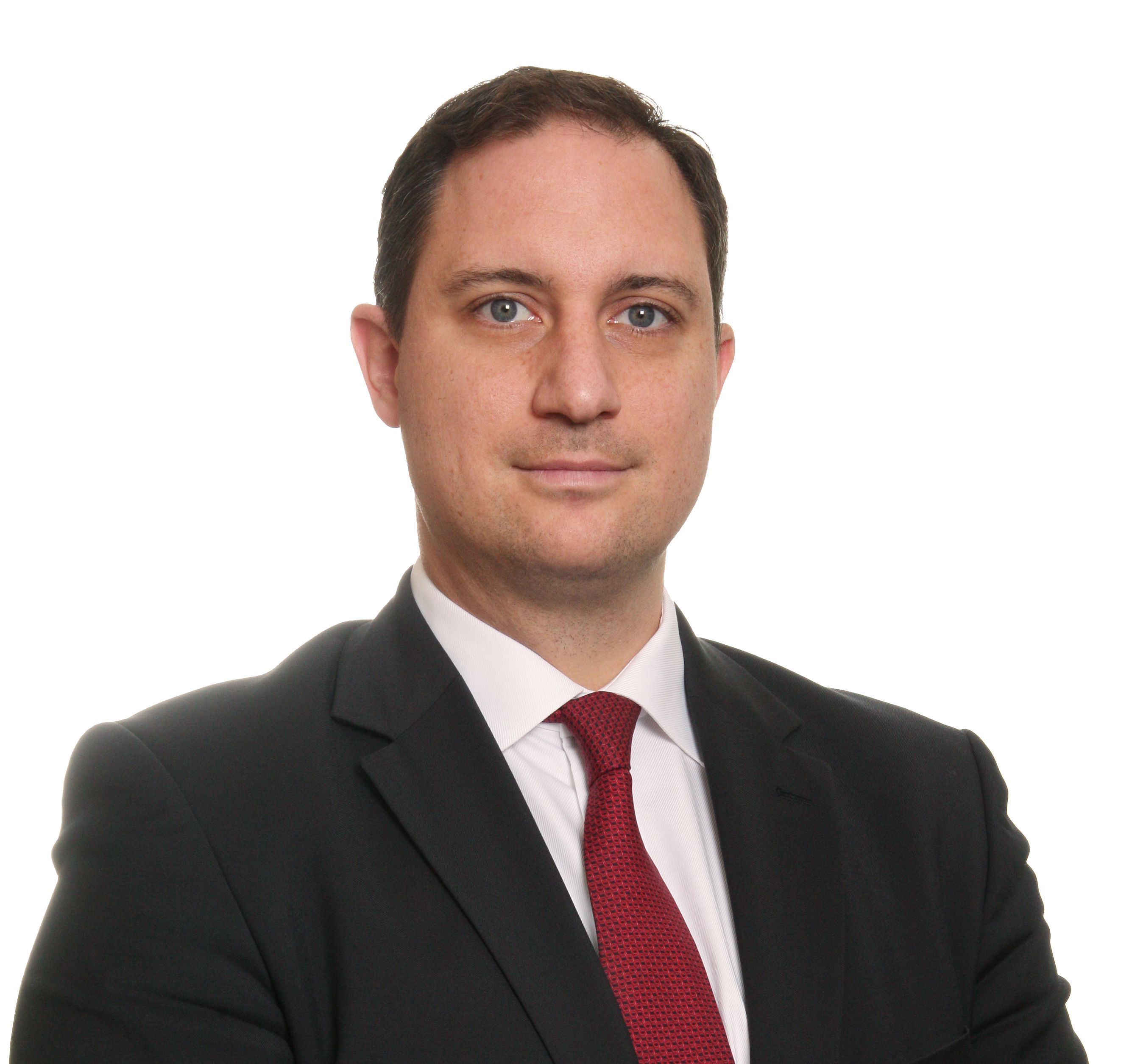Locations
United Kingdom
As the disruption caused by coronavirus (COVID-19) continues, we explain why every company controlled by an employee ownership trust (EOT) must brief the board of directors of its trustee on how this disruption is impacting the business and its employees.We are all navigating unchartered waters as business and society faces up to the impact of COVID-19. We very much hope you and your loved ones remain in good health.
Please be assured that Fieldfisher is continuing to work with clients to navigate COVID-19 related issues and on business as usual needs. Do get in touch with us if you would like to chat anything through.
A downloadable version is available here.
The challenge for senior managers
A company controlled by the trustee of an EOT is affected, like all businesses, by the COVID-19 pandemic. As those familiar with employee ownership will expect, employee owned (EO) companies are responding well to the challenges of COVID-19. They are adapting in timely ways that take into account the well-being of employees, customers and the wider community. But in this time of uncertainty, what should busy senior managers of EO companies do regarding the trustee of their EOT? Put simply, they should keep the trustee informed. They must ensure any decisions requiring trustee approval are properly approved and should consult when desirable. The exact role of an EOT trustee varies from business to business but what is true in all cases is that the trustee has a duty to look after the best interests of all employees. Managed well the EOT model will emerge from the COVID-19 pandemic stronger than before, having been tested and found robust in extreme conditions.In more detail:
Keep your trustee informed
The trust deed of an EOT typically contains a provision that means a trustee does not have to keep a close eye on the day to day running of a company it controls. This is a pragmatic provision and permits the directors of the EO company to run the business, in normal circumstances, without the trustee needing to be closely engaged. But there will usually be a caveat in the trust deed, or implied by trust law, that a trustee has to take action "if it has knowledge of circumstances which call for enquiry". COVID-19 calls for enquiry and so senior managers need to brief the trustee on how the crisis is impacting the business and employees. It is not enough that there is some overlap in the composition of the boards of an EO company and its EOT trustee. Every one of a trustee's directors needs to be kept informed. These briefings must cover the financial and non-financial well-being of the beneficiaries of an EOT, namely all the employees of the relevant EO company (or group). Both these aspects of well-being fall within the trustee's duty to look after the best interests of employees. A strong theme in these briefings will undoubtedly be explaining the reasonableness of any actions or proposed actions of the EO company.
Get consents and consult
An EO company and a trustee may have formal requirements in their respective articles of association, or in the EOT trust deed, to seek and obtain trustee consent before the EO company acts in certain ways. Alternatively or additionally, there could be consultation requirements. Unless the EOT has a 100% shareholding in an EO company, there could also be a shareholders' agreement requiring shareholders' approval for what are called "reserved matters".It is therefore time to check the constitutional documents and make sure actions by both the EO company and its EOT trustee are properly authorised. This includes ensuring boards of directors remain quorate. As explained in a separate Insight article, as an example, an employee put on furlough under the Coronavirus Job Retention Scheme, who is also a trustee director, may remain a director but must not provide services to a company linked to or associated with their employer. Also, as another example, if there are practical difficulties in holding an election for new trustee directors, then legal advice may be needed as to whether trustee decisions remain valid.
Uphold the EOT's main purpose
As highlighted above, every EOT trustee must act in the best interests, both financial and non-financial, of employees. A typical discretionary trust deed says little about how a trustee must best serve its beneficiaries. The role of a trustee can vary from that of a custodian to an active participant in EO company decision-making. A main purpose clause provides a clear direction for a trustee. Over a decade ago Fieldfisher started insisting on a main purpose clause in trusts for EO companies, to help trustee decision-making. In the absence of such a clause there is, hopefully, a letter of wishes from a company's founders to the trustee. Trustee directors must have the aim of their EOT in mind in these difficult times. Even if no formal decision-making or consultation is required, the trustee can still have an invaluable role in challenging and supporting decisions made by the EO company's board. The trust model of EO is designed as a long-term ownership model: one that can avoid prioritising immediate returns at the expense of long-term benefits. It should, in particular, ensure that whatever the short-term adverse effect on employees, arising from the COVID-19 pandemic, the long term benefits of being an employee in an EO business are not damaged, but are enhanced. Provided care is taken then the trust model of EO, and direct EO models, will emerge stronger than before, having proved themselves robust in extreme conditions.
For further information on these and related topics, please speak to your usual Fieldfisher contact, or any member of the team below:
 Mark Gearing
Mark GearingPartner
T: +44 (0)20 7861 4774
E: mark.gearing@fieldfisher.com
 Peter Golden
Peter GoldenPartner
T: +44 (0)20 7861 4126
E: peter.golden@fieldfisher.com
Please view our Covid-19 hub for updates and get in touch if you require further information.


